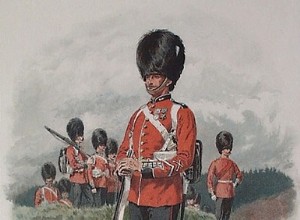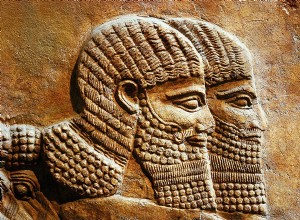Within the British Army, the Grenadier Guards are one of five infantry regiments of the Sovereigns Household Guard (Household Division). The Cavalry of the Guard being made up of the Horse Guards of the Household Cavalry Regiment, created by the amalgamation of the Life Guards and the Blues and Roya




